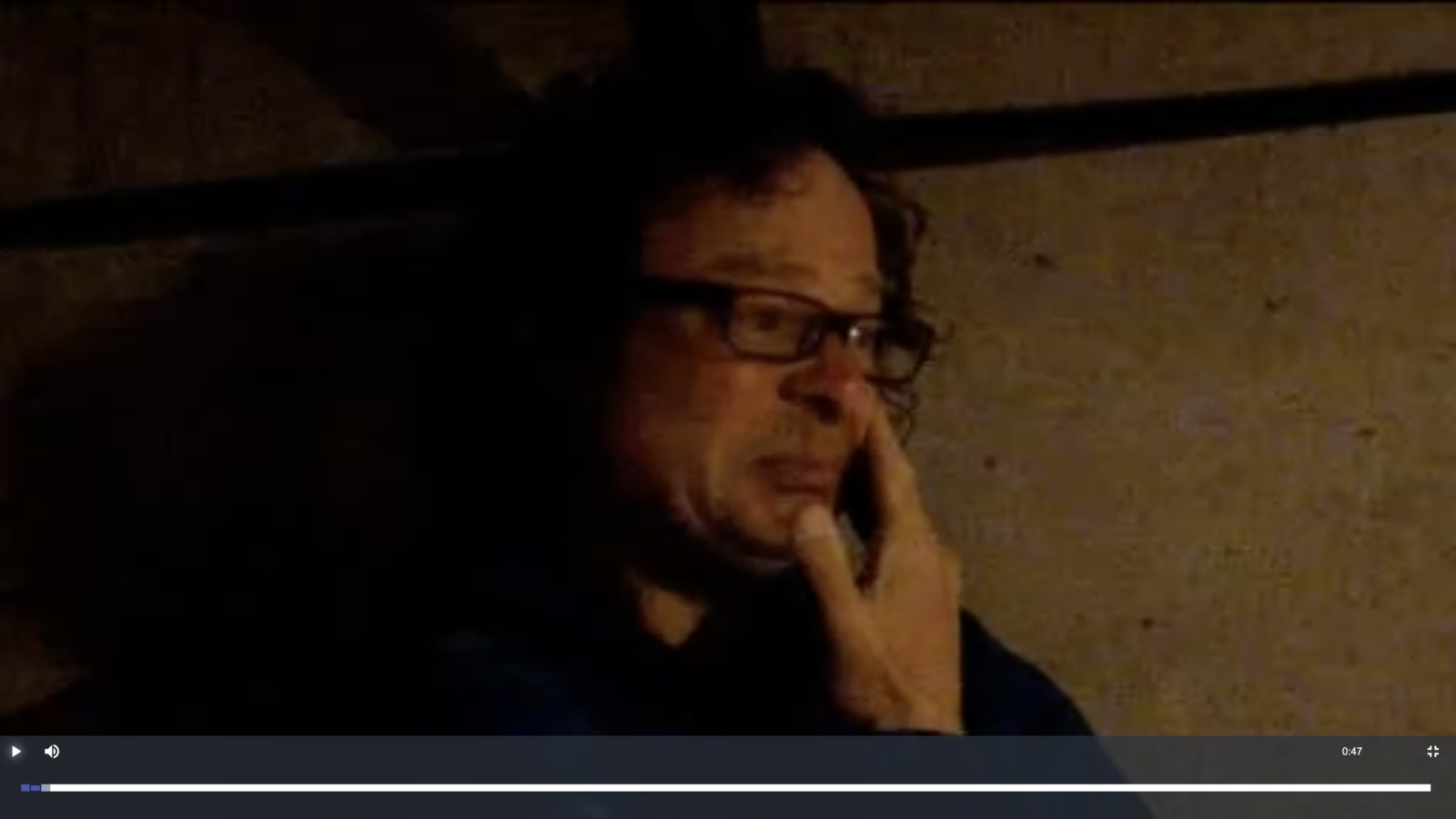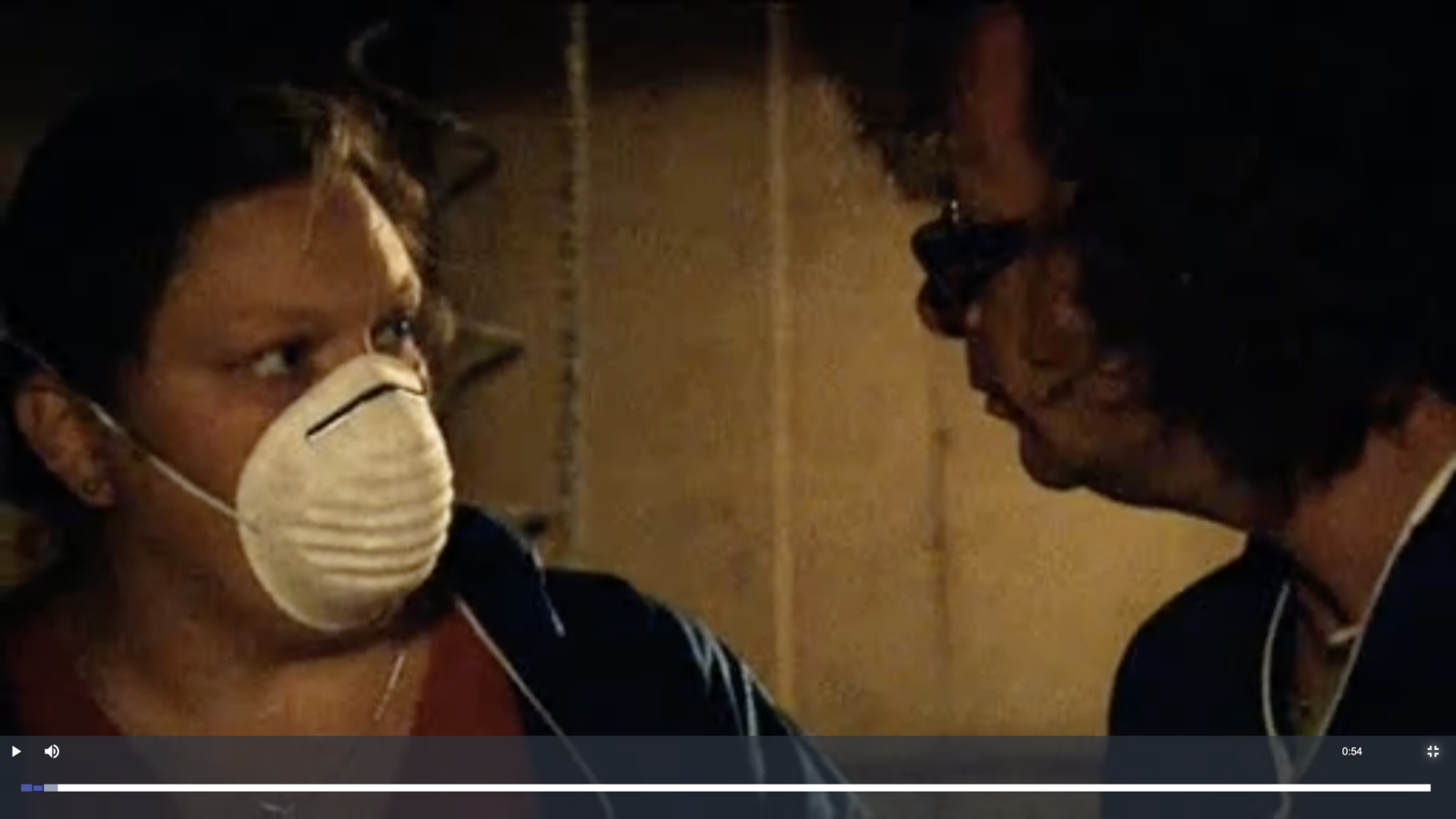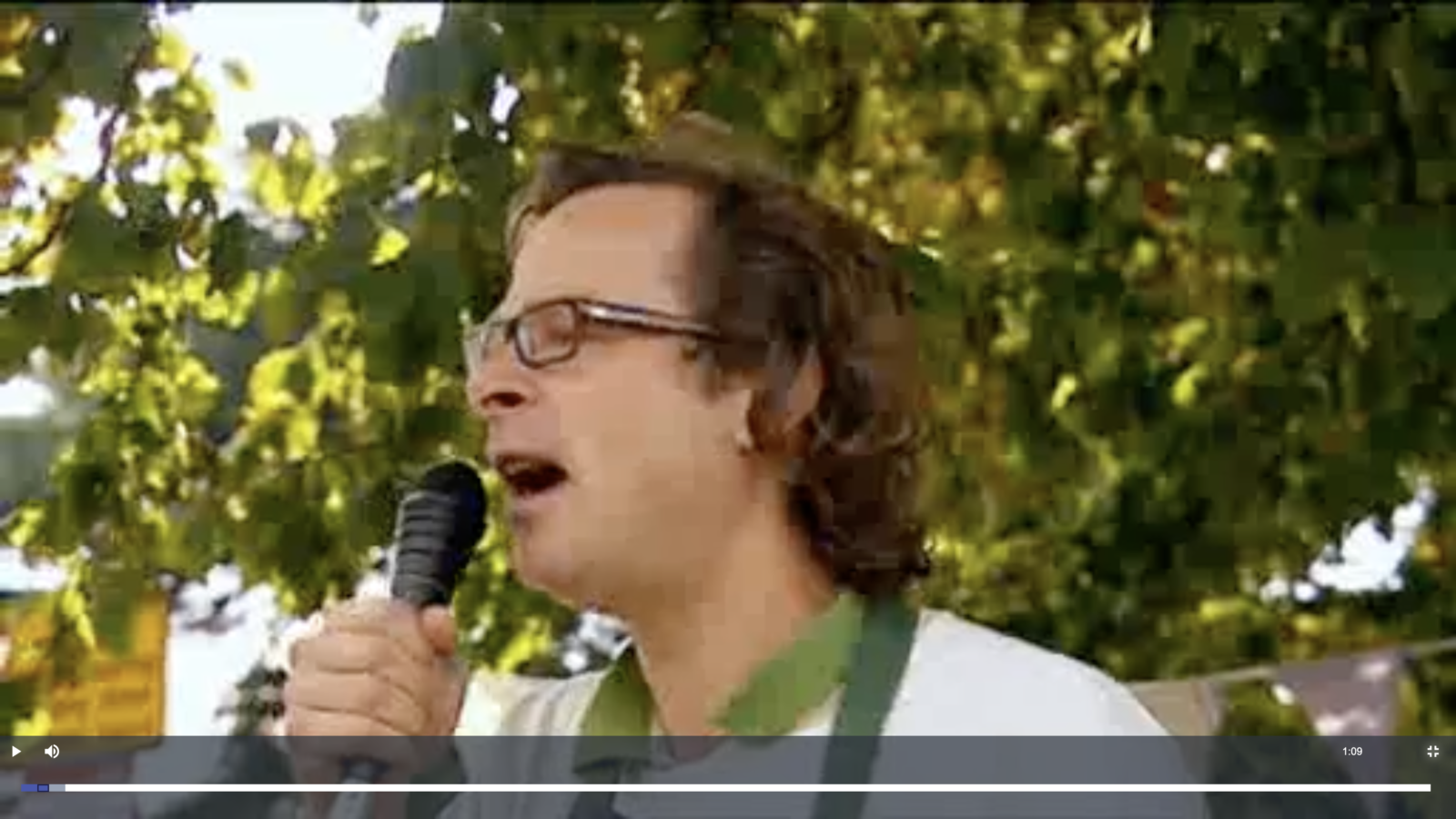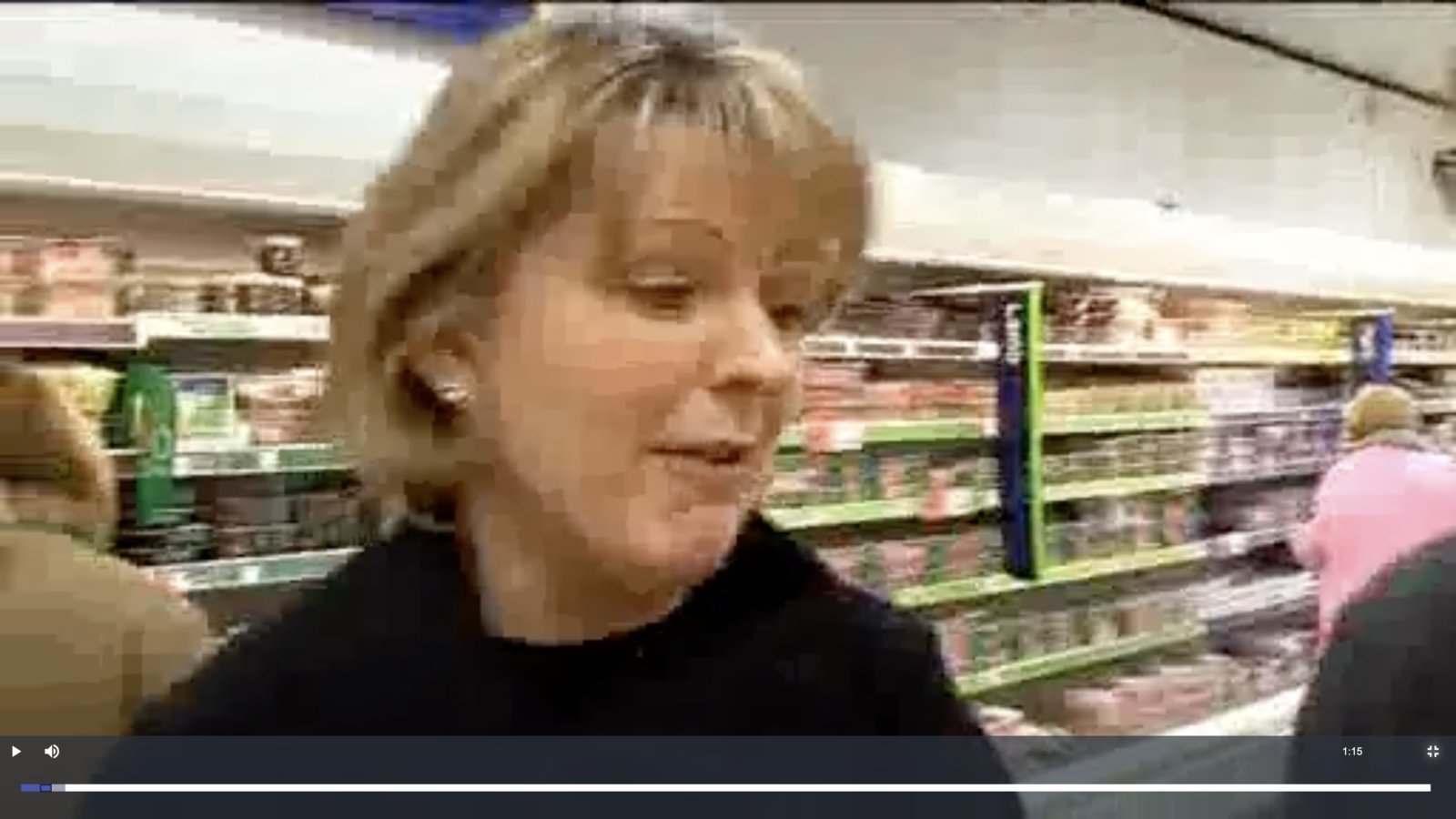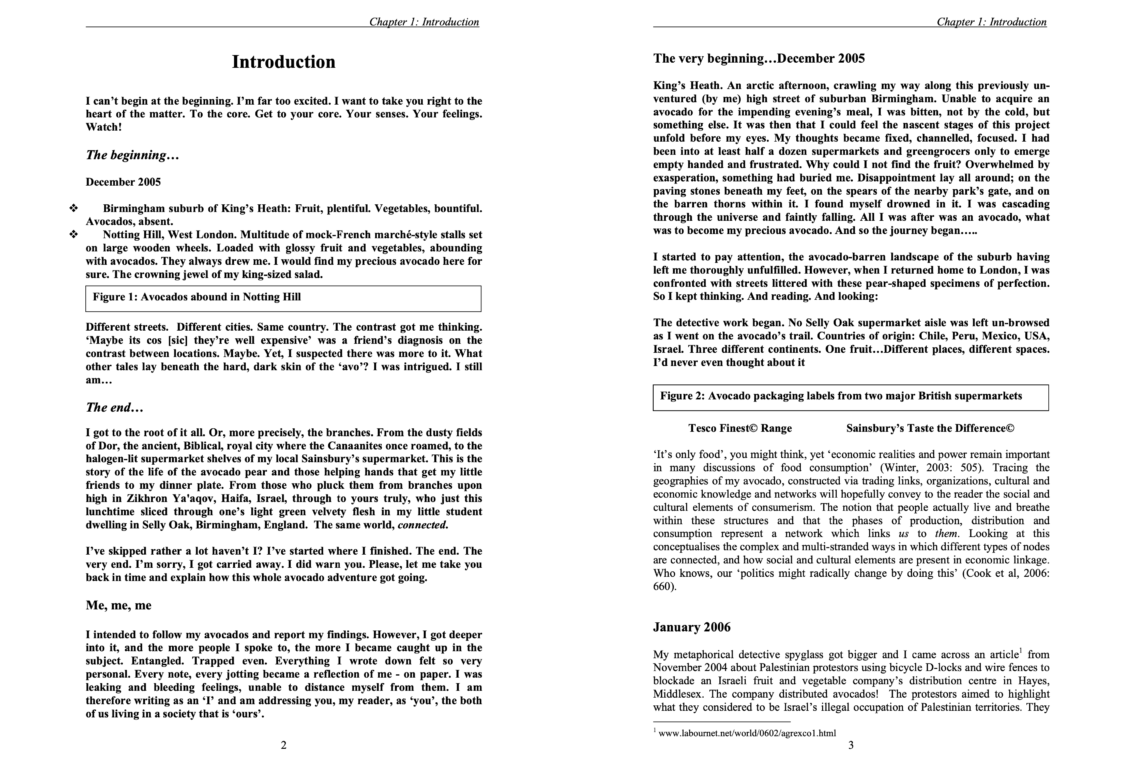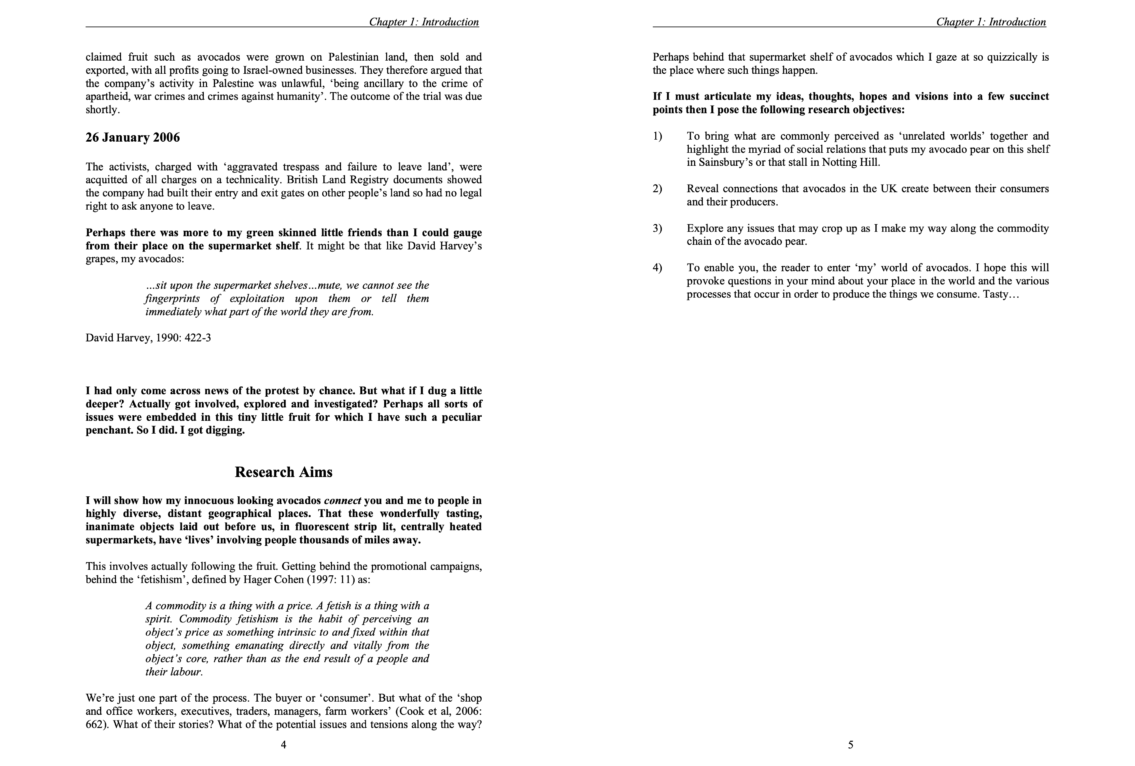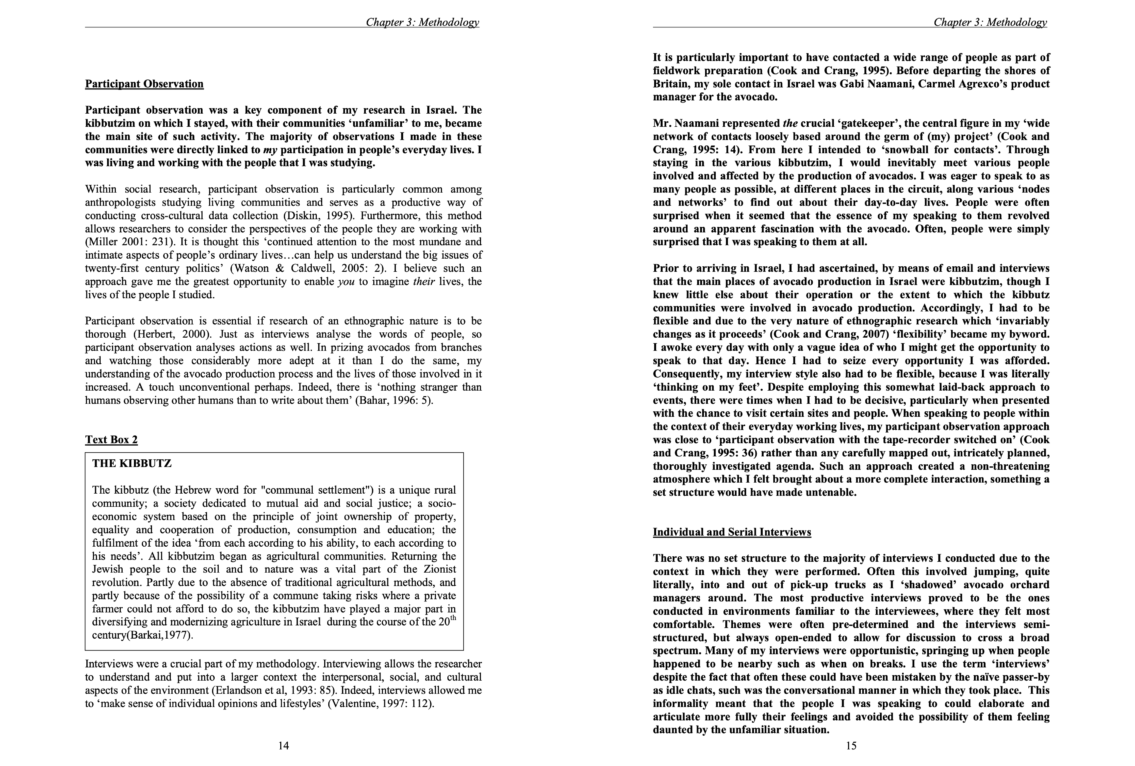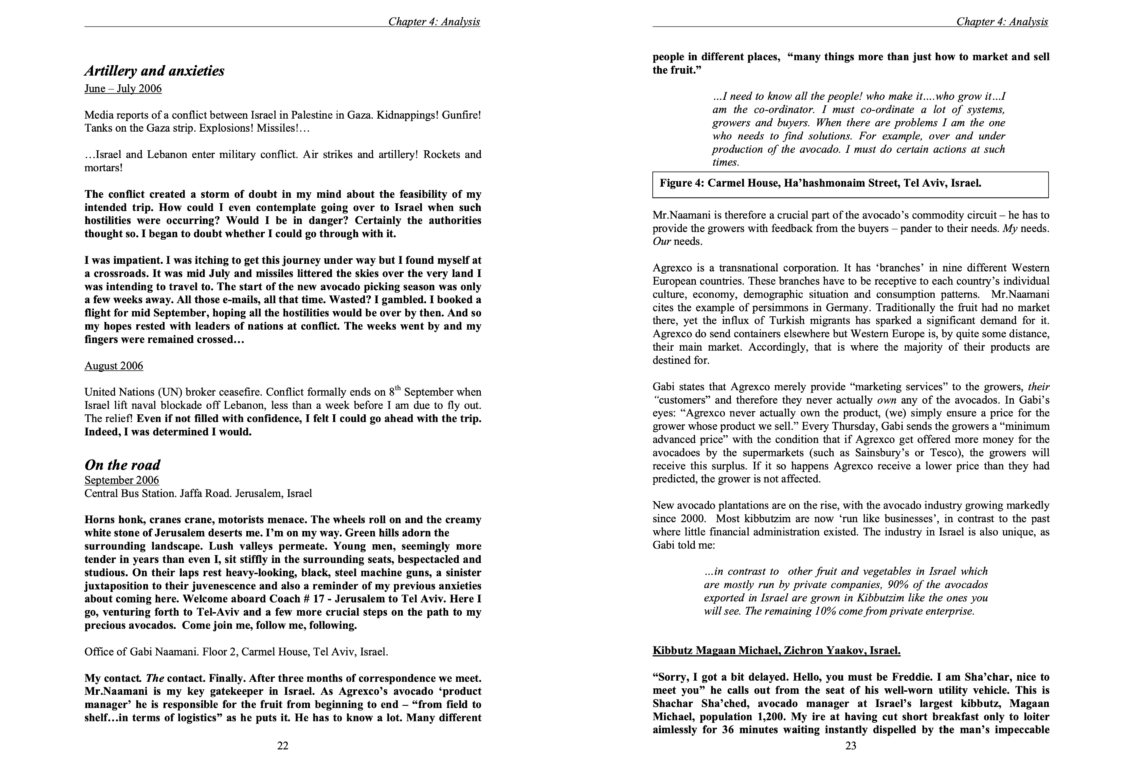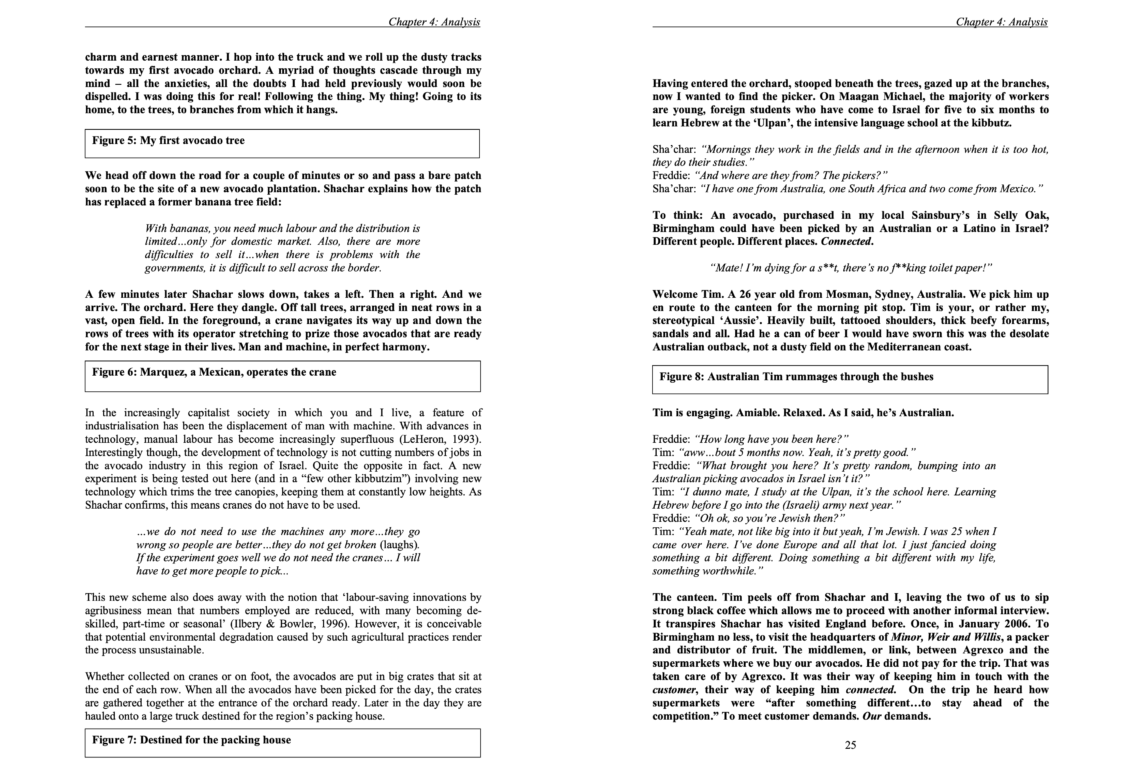
followthethings.com
Grocery
“Hugh’s Chicken Run“
A three-episode TV series hosted by Hugh Fearnley-Whittingstall for Channel 4 TV’s ‘Food Fight’ season.
Screengran slideshop embedded above. Search online to watch episodes here. Channel 4 episode guide here.
Private School-educated celebrity chef Hugh Fearnley-Whittingstall takes part in a season of actvist-themed ‘Food Fight’ TV programmes on the UK’s Channel 4. His Hugh’s Chicken Run series has three episodes. He wants to persuade the shoppers of his home town of Axminster in Devon to stop buying factory-farmed chickens. You can get 2 for £5. The animal welfare issues are horrendous. And he wants the UK’s supermarket chains to stock free range alternatives to give consumers a choice. But how can he do this? He tries all sorts of tactics. For different audiences. He educates consumers in a supermarket carpark about the cramped and unsanitary conditions for factrory farmed chickens. He can’t get access to film in a commercial chicken farm, so he sets up one himself, runs it for a while, and invites cheap chicken consumers to see where their food comes from. He works with residents on a low income housing estate in the town to keep rear their own chickens. This is where he meets single mum Hayley, who ends up being the ‘mother hen’ of the project. He lobbies the supermarkets throughout the series to improve animal welfare standards. At the end of the series, he bumps into Hayley at the supermarket. She’s just bought a couple of cheap chickens. Noooo. His experiment hasn’t worked. But she’s defiant. She can’t afford what he would like her to eat, even though she agrees with everything he’s doing. He has reached, some critics say, the limit of consumer-based and celebrity activism. He’s trying to appear to ‘ordinary shoppers’, but he doesn’t understand ‘ordinary’ realities. He’s a posh boy who went to Eton. But the supermarkets do respond to his activism. And to his activism documented in follow-up programme Hugh, Chickens & Tesco Too. There are more free range chickens in the shops as a result of this series. But is that enough? Surely anyone seriously concerned about animal welfare would be advocating veganism as the alternative? Wouldn’t that be better for the chickens? What we like about this example is what it does and doesn’t do, how it does and doesn’t work, what it includes and what it leaves out. It’s open about being imperfect.
Page reference: Ellie Beattie, Fliss Browner, Rose Hughes, Rosie Marsh, Joe Parrilla, Alice Raeburn & Maddie Redfern (2024) Hugh’s Chicken Run. followthethings.com/hughs-chicken-run.shtml (last accessed <insert date here>)
Estimated reading time: 67 minutes.
Continue reading Hugh’s Chicken Run ![]()



